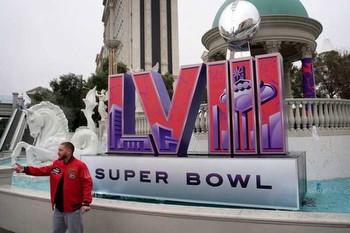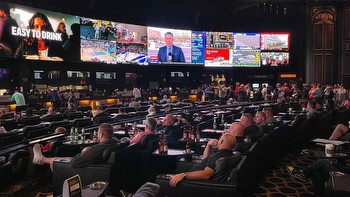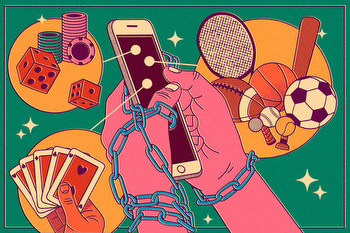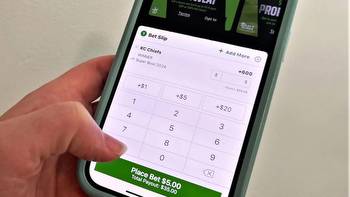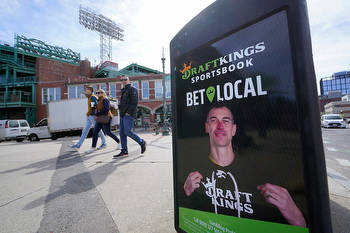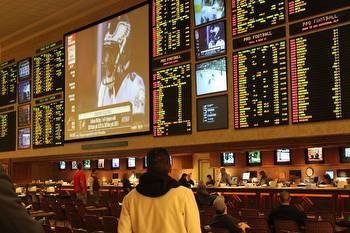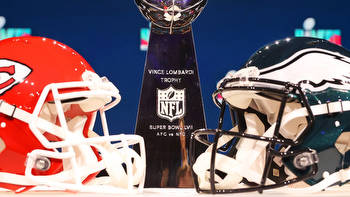The U.S. sports betting industry is bigger and riskier than ever
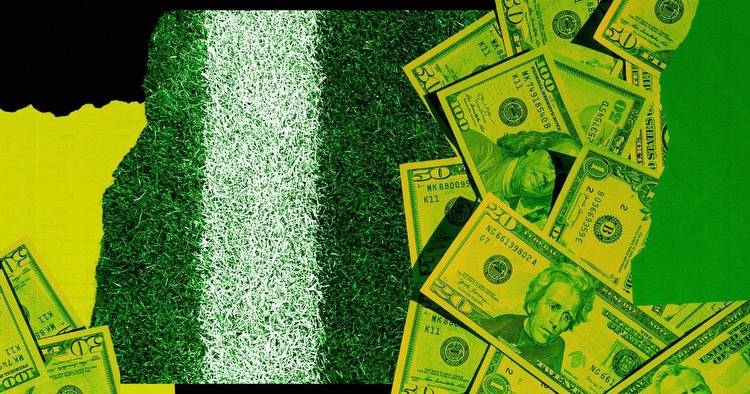
The NFL season starts Thursday night. Last year, the industry generated $4.29 billion in revenue on $57.22 billion wagered. By 2025, revenue could eclipse $7 billion. ESPN has dedicated full programs to wagers and odds-making. Users on TikTok, Twitter and Instagram have communities focused solely on sports bets. Sports gambling’s future is tied to public health, economy, technology and sporting culture in America.
The Supreme Court overturned the Professional and Amateur Sports Protection Act in May 2018. Sports betting is legal in 31 states and 5 more have voted to legalize it. In California, a referendum with the potential to legalized it will be on the November ballot. $60 million has been spent on campaigns for Proposition 26, which would allow only tribal casinos to offer in-person betting. $150 million spent in opposition. Mobile betting can be legal only when the user is physically inside a casino.
There are no laws to limit the growth of sports betting advertising. The NFL is the most successful and dominant in the American sports gambling industry. There are currently no federal regulations on sportsbetting advertising, though states have some power. The ads promote instant gratification, rather than a specific product. Ohio will soon prohibit the phrase “risk-free” unless the sportsbook can back up that claim. It is especially dangerous because the ads show parlays that made $180,000. They will show a parlay that makes $10, but in reality it won't be you.
Sports betting is big and risky. It's similar to the introduction of Oxycontin to cause the 1990s' drug overdose crisis. Sports bettors start younger and develop gambling addictions quicker. They are more likely to binge drink and smoke and have more financial problems. Suicide rates are also higher among gambling addicts. The main health problem caused by gambling is socioeconomic depression. The majority of people who enter treatment programs are white, in their mid-40s, have about $25,000 in debt and are in a bad financial situation. This is the stereotypical demographic when many envision a gambling addict.
The U.S. sports betting industry is bigger and riskier than ever. Mobile sports bets are the most addicting form of sports gambling. New Jersey is the highest-grossing state in sports betting. This year, New York is on pace to generate $650 million in state tax revenue from mobile betting apps alone. There is a growing technological infrastructure and incentive for states to allow mobile bets. The average age of mobile sportsbetters is younger than other gamblers. There is an argument that mobile gambling could amount to nothing more than a fad.
The rise of live, in-game betting facilitated by mobile apps is driving this impulsivity. Betting lines are still active and changing in the middle of games. It's an addictive activity that is ingrained in American sports culture.
Gambling is not a reliable way of making money, but entertainment. At its best, it makes watching games with friends and family fascinating. It's at its worst that it drives up debt and creates more emotional pain.
The U.S. sports betting industry is bigger and riskier than ever.











